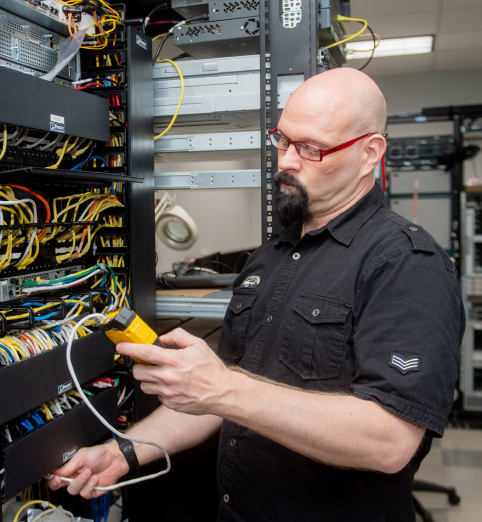There’s not a day goes by when we don’t get bombarded with stories regarding data. After all, data seemingly comes in all shapes, sizes, and types—we hear about big data, small data, secret data, personal data, data plans, data overages, data coverage, data centers, blah, blah, blah. But, whether we like it or not, data has become the new currency of the modern age.
Every day, all of us connect to the world through data. Whether through social media (I’m thinking of becoming a dad-bod Instagram model), or email, or accessing bank accounts and making payments, or accessing corporate data, or watching TV, or making phone calls and shopping—everything we do is based on data consumption and creation.
And, with the latest move towards the end of net neutrality—where ISPs can throttle bandwidth based on chosen content types—the world will be looking for other ways to circumvent the issue.
For instance, as proof that net neutrality is soon to be a thing of the past, news hit just the other day that a major mobility provider replaced its $80 “unlimited data plan,” rolled out in February, with two kinds of unlimited data plans that both throttle videos, including Netflix and YouTube.
However, as terrible as that sounds to everyone who owns a mobile device of any kind, it’s not just a handful of carriers who throttle speeds and place restrictions on data. In fact, the majority of data plans now throttle video speeds after 20+ GB of data usage in a month, and even many basic unlimited plans limit video to 480p quality. Meanwhile, others don’t limit video, but instead throttle music streaming speed.
So, what is the answer? Apparently, university towns may be coming to the rescue. Over the past few years, local governments and municipalities in support of their universities have been taking it upon themselves to improve community broadband speeds.
In fact, back in 2011, a group of universities and their surrounding municipalities formed The University Community Next Generation Innovation Project, commonly referred to as Gig.U. The Project’s goal is to actively accelerate the creation and deployment of next-generation networks in the US by encouraging the development of new applications and services that can leverage ultrafast data-transfer rates.
The shining star of this new trend has been Chattanooga—now known as The Gig City—the first city in the US to have a citywide gigabit-per-second fiber internet network built entirely by its local government. But it doesn’t seem to be stopping there: as many as 80+ other cities are following suit, building their own government-owned, fiber-based internet—all created to circumvent the big national ISPs.
So, where does that leave all of us? Throttled or not, the days of net neutrality seem to be dying a slow but painful death, leaving data starved individuals to fend for themselves. But with this new grassroots movement where cities are taking it upon themselves to at least resolve the issue, services such as Netflix, YouTube, Spotify, and others, can still reach out and cater to their ever-growing audiences.
For me, it simply means that my future as an internet star is still a dream worth fighting for.


